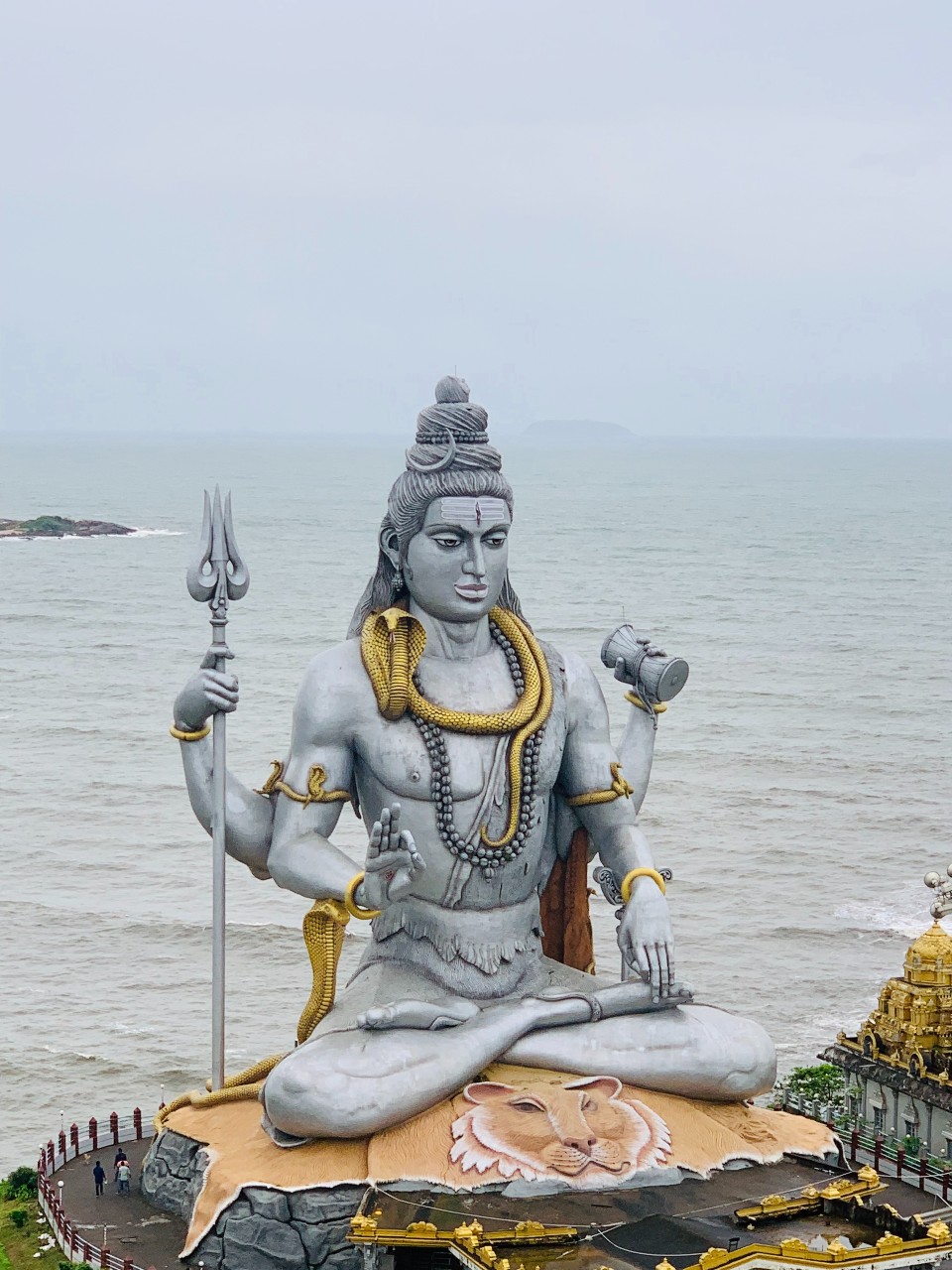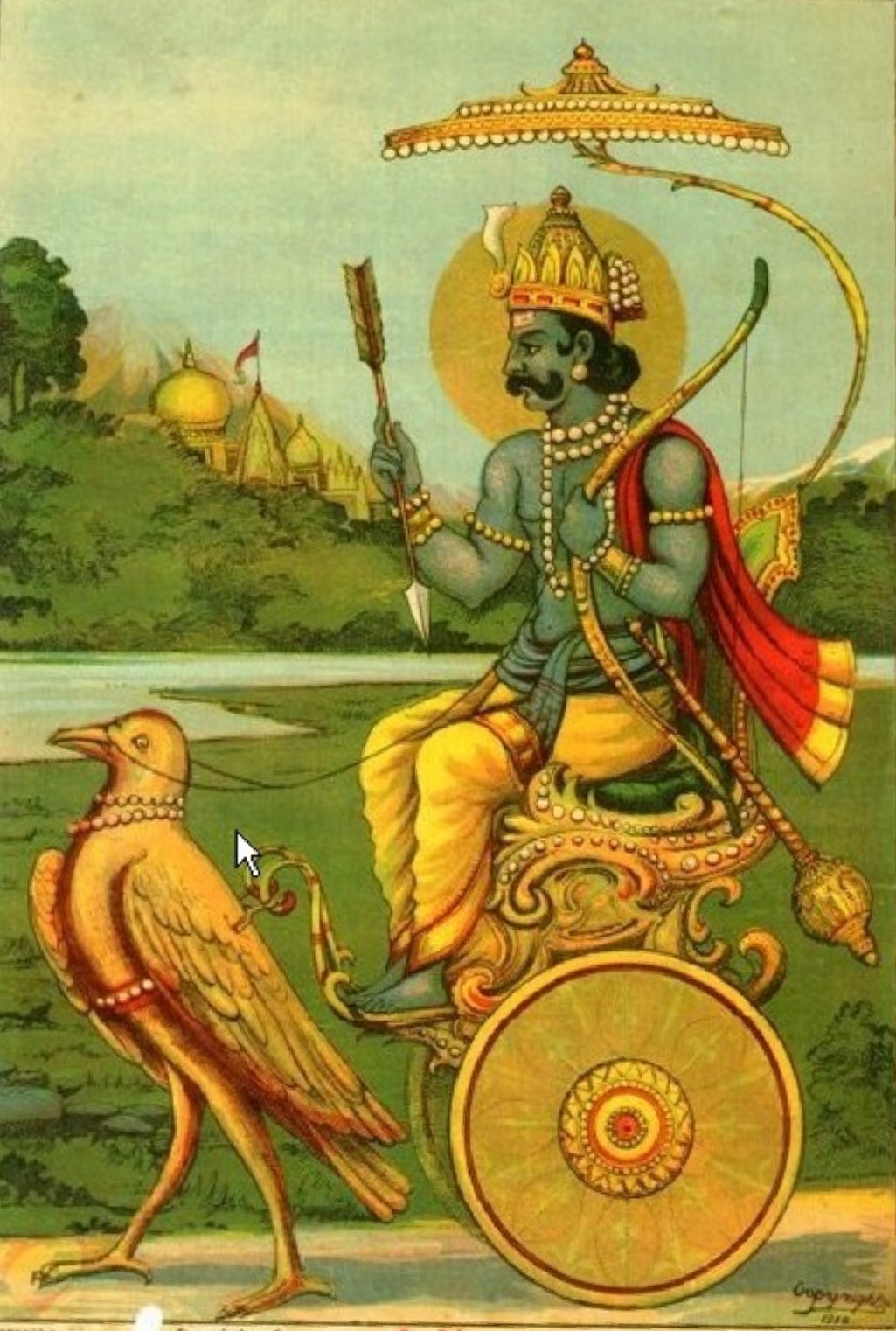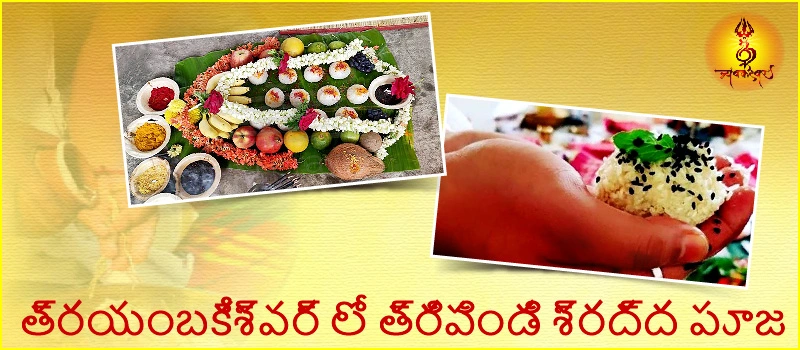

Which days are for which Hindu Gods? Days of Hindu Gods
Every Day of a Week Dedicated To a Specific Hindu God
Every day of Hinduism's week is dedicated to one god from the Hindu pantheon. Many Hindus fast on specific days in the week, apart from the Upvaas and Vratas.
Every day of the week has a specialty. Many folklores relate to fasting on specific days.
Sunday is Dedicated to Suryadev
Sunday is dedicated to Lord Surya (Sun God). Surya is offered red flowers and red colors as the day's color.
Ravivar (or Sunday) is dedicated to Lord Surya or Suryanarayana. Fast on the day dedicated to the Sun God.

Those Who take Fast on Sunday eat only one meal per day, and that is before sunset. Avoid salt, oil, and fried foods.
Pray with red flowers.
As a tilak, red sandalwood paste can be applied to the forehead.
Additional care is taken to maintain cleanliness in the environment and the body.
Ravivar Vrat is believed to help fulfill desires. Vrat is used to treat skin conditions. Many devotees give alms every day.
Monday is dedicated to Lord Shiva
According to legend, Monday is dedicated to Lord Shiva.
Many people observe Upvaas every Monday.
People go to Lord Shiva shrines and perform pujas, particularly the Ardhanarishwara puja. Continuously, the mantra Om Namah Shivaya is chanted.
Shiva Purana is also available to Siva devotees; Vrat is a blessing for unmarried women.
Some people see it as happy, prosperous family life.

Monday Fasting in Honor of Hindu God Shiva
In Hinduism, Upvaas (or fasting) is mostly observed to keep a vow. Upvas can also be called "Vrats." However, "Vrat" refers to those who fast for material or another gain.
One or more gods from the Hindu pantheon are dedicated each day of the week. A devotee can appease a specific deity on a given day. So Monday is often dedicated to Lord Shiva.
Upvass (or fasting) begins at sunrise and ends around sunset on Mondays.
Only evening prayers are permitted on the day. On this day, Lord Shiva and Goddess Parvati can be worshipped.
It is important to remember Lord Ganesha when you begin to worship. Fasting on Mondays during the Shravan month can be considered more auspicious.
According to some beliefs, those who observe Upvaas Mondays will be granted their wishes and blessed with wisdom. Unmarried women in certain areas fast on Mondays to find the ideal husband.
Fasting on a specific day can often be traced back to an incident in Hindu Puranas or folk traditions.
These stories can vary from one region to another and from one community to the next. Somvar Vrat (or Monday fasting) is dedicated to Lord Shiva. It also has many stories.
Three myths have been popularized:
- The first is about a poor Brahmin who gains wealth by fasting Mondays.
- The second is the story about a merchant who has long waited to have a son. The subsequent death and rebirth of the son are both due to the graces of Lord Shiva and Parvati.
- The third story involves the game of dice between Shiva & Parvati
Many people find the concept of Brahman in Sanatana dharma difficult to comprehend. They are not bothered by the Brahman concept. All they want is material comfort. Many devotees will go to any length to achieve this goal.
Ancient wise men used this tendency to spread Brahman awareness among the people. Sometimes, during each upvas, a person experiences a flash of insight beyond the material world. This is Brahman's realization. Gradually, many devotees start to think beyond material comforts.
How do you perform Somavar Vrat?
- Somavar Vrat (or Monday Fasting) is dedicated to Lord Shiva. Somavar is named after Soma or Chandra, the Hindu moon god. Many people fast on this day to please Lord Shiva and receive prayers and wish fulfilled.
- Somavar Vrat is believed to help you get good husbands. It is believed to help you achieve prosperity and peaceful family life.
- Somavar Vrat starts at sunrise every Monday.
- Most devotees who observe the Vrat usually visit a Lord Shiva temple in the morning and evening. If that is impossible, prayers can be offered at home.
- For those who observe the fast, a white dress is worn. The Shivling is also given white flowers.
- One meal can be taken daily, except the day following midday. Partially fasting people can eat fruits or Sabudana Khichadi.
- Observers of the fast listen to or read a story about Somavar Vrat in the evening.
- While performing puja, people offer Bilva leaves and Bil Patra in addition to white flowers.
- Om Namah Shivaya is the mantra to be chanted. After the usual prayers and rituals, the tight ends are made the next day.
Mondays are considered highly auspicious because Amavasi (no moon day) falls on Mondays. This day is called Somavati Amavasya.
Mondays in Shravan (July-August) in North India and Gujarat are highly promising. On Mondays, special pujas are performed to Lord Shiva in temples and homes.
Mondays in Kartik month (October-November) in Andhra Pradesh or Karnataka are considered auspicious.
Mondays are auspicious in Karthigai Masam (November-December is also auspicious for Tamil Nadu).
Tuesday is dedicated to Lord Ganesha, Lord Hanuman & Goddess Durga, and Kali
Tuesday is dedicated to Lord Ganesha and Durga, Goddess Kali, and Lord Hanuman. Most devotees visit Devi and Hanuman shrines. People who fast avoid eating salty food at night.
Tuesday is dedicated to Lord Hanuman.
Hinduism dedicates each day of the week to a specific deity from the Hindu pantheon. Lord Hanuman is honored on Tuesday, Mangalvar.
The day's Upvaas (fasting) is dedicated to Hanuman, Mangal, or Mars. Mangalwar (Tuesday) gets its name from Mangal, or Mars, the god who rules the day. He is also considered a troublemaker, and the fast prevents him from doing so. The preferred color for the day is red.
Not all areas may worship the Hanuman on Tuesdays. Some people may worship another deity. In South India, Skanda, Muruga or Kartikeya (Kartik) are the days. However, Tuesdays are generally dedicated to Hanuman.
Mangalvar Vrat can be observed by couples who want to have a child. The family will also enjoy happiness. Astrologers believe astrology can help reduce the negative effects of Mars and Mangal planets.
The fast is for one meal only. It's an entire day of fasting. It is usually any food made from wheat or jaggery that is the day's only meal. Most people observe the fast for 21 consecutive Tuesdays without any breaks.
People wear red-colored clothing on this day. They also offer red flowers to Lord Hanuman.
Lord Hanuman is believed to help devotees overcome life's difficulties, particularly those caused by Mangal Graha.
Wednesday is Dedicated to Mercury Planet And Lord Vittal
Wednesday is dedicated to Lord Vithal (an incarnation of Krishna) and planet Mercury. Pujas are performed with green color leaves, particularly Tulsi. This day is considered to be highly beneficial for new ventures, and those who observe Vrat are believed to be blessed with luck. On this day, people also give alms.
Wednesday Hindu Fasting dedicated to Krishna & Mercury
Budhvar (Wednesday) is dedicated to Lord Krishna, the planet Budh, or Mercury. Lord Vithal, an incarnation of Krishna, is also associated with the day. Lord Vishnu may be worshipped in some areas. It is believed that a Fast (Upvaas), on Budhvar, can help you lead a peaceful family.
The fasting devotees only eat one meal per day. This fast is mainly observed by the husband and wife together. The day is considered to be highly optimistic because of the green color.
Mercury is a sign of compassion and generosity in Astrology. Mercury is often depicted riding a Lion.
Some regions allow people to start new businesses on Wednesdays because Mercury or Budh are considered supportive of new business ventures. Some places offer educational activities on Wednesdays.
Wednesday is usually dedicated to Lord Krishna, Lord Vishnu, and Lord Budha.
Astrology is believed to be a religion that propitiates Mercury. He is generous and compassionate, assists in worldly pursuits, and gives wisdom. On Wednesday, Lord Shiva may be worshipped in some areas. Many regions also worship Lord Ganesha on Wednesday.
Maharashtra's Lord Vithal (Krishna) also considers Wednesday to be significant. According to some beliefs, fasting and worship on this day can promote peace and happiness and help you live a happy married life.
Budvar Vrat is the practice of praising Mercury or Budha. Buddha is said to possess a sharp intellect and be proficient in all sciences. His intelligence, education, and business success are reasons for his worship. Budhwar Vrat is observed 24 hours a day. Those who fast each day eat only one meal during the afternoon. For a happy marriage, couples can fast together.
The color of the day is green. People often wear green-colored clothes. People usually offer green-colored grams to Budha, such as Moong Dal. Before performing the evening puja, devotees are encouraged to listen to the Budhvar Vrat Katha on the day.
Prasad made on that day uses green-colored dal or grain. He is offered red and black flowers.
People offer curd and ghee in certain regions; grapes are the fruit.
Some regions allow people to start new businesses on Wednesdays because Mercury or Budh are considered supportive of new business ventures. Some places offer educational activities on Wednesdays.
On Wednesday, Lord Vithal and Lord Shiva, Lord Ganesh, Lord Krishna, Lord Vithal, and Lord Shiva are worshipped in different parts of the country. Fasting, however, is primarily dedicated to Budh Grah. It is often performed to improve relationships or for astrological purposes.
Thursday is Dedicated to Brihaspati and Lord Vishnu
Thursday is dedicated to Lord Vishnu and all his incarnations. Pujas are performed using milk, ghee, and other ingredients. You can only eat one meal, and it may contain milk products.
People read Srimad Bhagavad Purana on Thursday.
Thursday is dedicated to Hindu God Vishnu & Brihaspati.
Hinduism dedicates each day of the week to a specific god from the Hindu pantheon. Thursday is Brihaspatiwar or Vrihaspativar. It's dedicated to Vishnu, Brihaspativar, and Brihaspatipati, the Guru Of Devas.
Thursday is also known as Gurubar or Guruvar. The color of the day is yellow. Fasting is observed daily, and food is only allowed to be consumed once. Some people make it a habit to visit Hanuman Temple every Thursday in some parts of the country.
Many stories are associated with the reasons for Upvaas on Brihaspativar. Many of these stories are part of local folklore, and they vary from one region to the next. Nearly all folklore suggests that Thursday pujas and Vrats bring wealth and happiness.
Some stories depict Lord Vishnu as a Sadhu to test devotees on Thursdays. It is Brihaspati in other stories. The story begins with the protagonist denying alms and being lethargic. Later, they realize their error, observe Thursday Vrat, and are pleased by the Gods.
Fasting devotees wear yellow-colored dresses and offer Vishnu or Brihaspati yellow-colored fruits and flowers. Chana Dal (Bengal Gram) and ghee are only allowed to be consumed once. Yellow-colored food can be eaten throughout the day. Some regions worship bananas and plantain, and they are also watered.
Friday is dedicated to Goddess Mahalaxmi, Durga, and Santoshi Maa
Friday is dedicated to Mother Goddess, Mahalakshmi (Santhoshi Ma), Annapuraneshwari (Durga), and Durga. On the day, sweets are given out. Vrat devotees make it a point not to eat at night.
Friday is dedicated to Santhoshi Ma, Shukra, or Venus.
Each day of the Hindu religion is dedicated to a specific God or Goddesses. Friday, Shukrawar, is dedicated to Shakti (the Mother Goddess of Hinduism) and Shukra or Venus. Santhoshi Matha, an incarnation of Shakti, is one of the most important Vrats or Upvaas (fasts) days. Because a devotee fasts 16 consecutive Fridays, the fast is also called "Solah Shukravar Vrats." Friday is considered the most important day for white color.
Shukra is another deity that was appeased on this day. He is known for bringing joy and wealth. Shukra is the most productive and fortunate period in an astrological chart.
Friday is considered a highly auspicious day for Shakti worship - Durga and Kali, as well as other forms - This day is a big one for Shakti temples throughout India.
On this day, devotees wear white dresses. Shukravar is a fast that begins at sunrise and ends at sunset. Fasting means that the person does not eat evening meals. The most popular food is white-colored foods like milk or kheer.
Fast can be kept for many reasons, including removing children's obstacles, having a happy family, etc.
Shukravar is associated with many stories. In nearly all stories, Venus or Lord Shukra are dishonored at first, but the devotee soon realizes their error through many untoward events. Finally, the devotee realizes their mistake and propitiates Shukra.
Saturday is dedicated to Lord Shani and Lord Hanuman
Saturday is dedicated to removing the negative influence of Lord Shani. People who practice Hindu astrology are most likely to observe the Vrat on this day. People visit Shani shrines and Navagraha shrines to observe the Vrat.
Saturday Fasting in Honor of Hindu God Shani & Lord Hanuman
Talking about Shani or Sani will trigger fear in Hindus, as well as the mention of possible ill effects and problems. Hindus fear Shani, particularly those who believe in Astrology. To avoid suffering and misfortunes on Shanivar or Saturday, many people observe a Upvaas.
The belief is that those blessed by Lord Hanuman will be protected from the wrathful Shani. Many people worship Hanuman in their homes or temples. On Saturday, black is the preferred color.

Shani, one of the Navagrahas, is worshipped at many temples. There are even temples dedicated solely to Shani. People who observe Shanivar Vrat often visit Shani shrines. Shani is offered black-colored items such as sesame oil. The color of Shani's idol is always black.
Fasting devotees on Saturday eat only one meal after prayers. Sesame oil, black gram, or other dark-colored foods are the most common ingredients in food preparations.
Shani is portrayed as a deity riding a vulture and carrying a bow, arrows, and a bow. Some devotees worship a black iron idol of Sani.
Some people worship the Peepal Tree by tying the thread around its bark. On the same day, black-colored items such as sesame oil or clothes are donated.
Many Hindus avoid Saturday journeys because Shani is so fearful. Many stories are told about the terrible effects Shani has on people's lives.
However, Shani is generally believed to have spared Lord Hanuman's devotees. Legend says that Lord Hanuman saved Shani from Ravana. This occurred during the epic Ramayana episode about the burning of Lanka. Lord Shani promised then that he would not disturb Lord Hanuman.

You should be aware that the worship of a deity on a specific day can vary from one region to another and even from one community to another.
All upvaas and fasts have different results depending on who is doing them. It is a good idea if everyone in the family can participate in a Vrata.
Watching a Vrata can bring about miracles; Brahman's realization is the greatest miracle. All rituals and observances can lead to understanding the Supreme Soul, which will instantly alleviate all suffering.
14 Jun '22 Tuesday



Copyrights 2020-21. Privacy Policy All Rights Reserved
Designed and Developed By | AIGS Pvt Ltd


